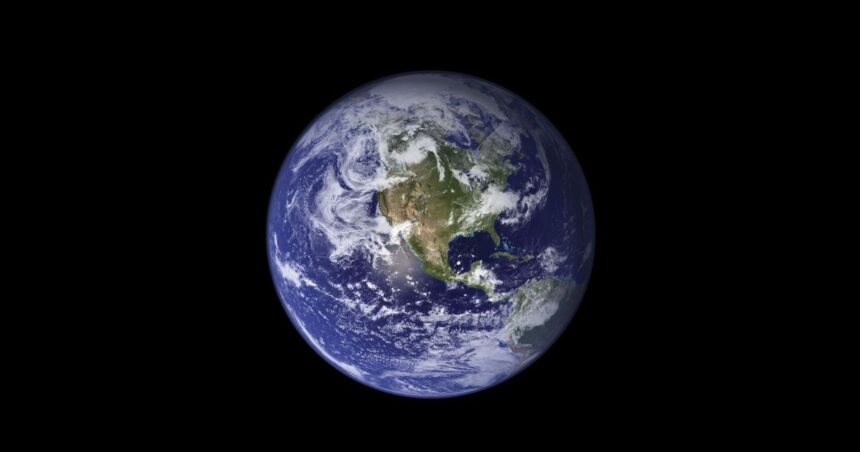A study has revealed a startling prediction: advanced civilizations will overheat their planets within 1,000 years. This alarming forecast comes from a team of scientists who have been studying the long-term impacts of technological energy consumption on planetary environments.
The study, led by Amedeo Balbi, an Associate Professor of Astronomy and Astrophysics at the Universita di Roma Tor Vergata, and Manasvi Lingam, an Assistant Professor at the Florida Institute of Technology, delves into the future of advanced civilizations. Their research suggests that the exponential growth in energy consumption will inevitably lead to overheating of planets.
The Heat is On
The concept is simple yet profound. As civilizations advance, their energy needs grow. This growth leads to increased energy production, which in turn generates waste heat. Over time, this waste heat accumulates, raising the planet’s temperature. The study indicates that if a civilization continues to grow at an annual rate of 1%, it will reach a critical point within 1,000 years where the planet’s temperature becomes unsustainable.
Historical Context
This idea isn’t entirely new. It dates back to the work of Soviet scientist Mikhail I. Budyko in 1969. Budyko argued that all energy used by humans is eventually transformed into heat. He predicted that with the current rate of energy consumption, the heat produced by human activities would become comparable to the energy received from the Sun within a few hundred years.
Modern Implications
The recent study builds on Budyko’s work, providing a modern perspective on the issue. The researchers used advanced models to simulate the impact of energy consumption on planetary temperatures. Their findings are alarming. They suggest that even with significant advancements in technology and energy efficiency, the waste heat generated by an advanced civilization will still lead to overheating.

The Role of Fossil Fuels
One of the key factors contributing to this problem is the continued reliance on fossil fuels. Since the Industrial Revolution, the burning of fossil fuels has been a major source of energy. However, it also produces a significant amount of waste heat and greenhouse gases. These emissions have already led to a noticeable increase in Earth’s average global temperatures.
According to the National Oceanic and Atmospheric Administration (NOAA), Earth’s temperature has been rising at a rate of 0.06°C per decade since 1850. This rate has accelerated to 0.20°C per decade since 1982. If this trend continues, the planet could see a temperature increase of 1.5 to 2°C by mid-century.
The implications of this study are far-reaching. It suggests that the challenge of managing planetary temperatures is not just a matter of reducing fossil fuel consumption. It is a fundamental issue that advanced civilizations will face as they continue to grow and develop. The study highlights the need for innovative solutions to manage waste heat and prevent planetary overheating.
Potential Solutions
The researchers propose several potential solutions to this problem. One approach is to develop more efficient energy technologies that produce less waste heat. Another is to find ways to dissipate the heat more effectively, such as through advanced cooling systems or even space-based heat dissipation.
The study also has implications for the search for extraterrestrial intelligence (SETI). If advanced civilizations are likely to overheat their planets, this could be a factor to consider when searching for signs of intelligent life. Scientists could look for planets with unusually high temperatures as potential indicators of advanced civilizations.





